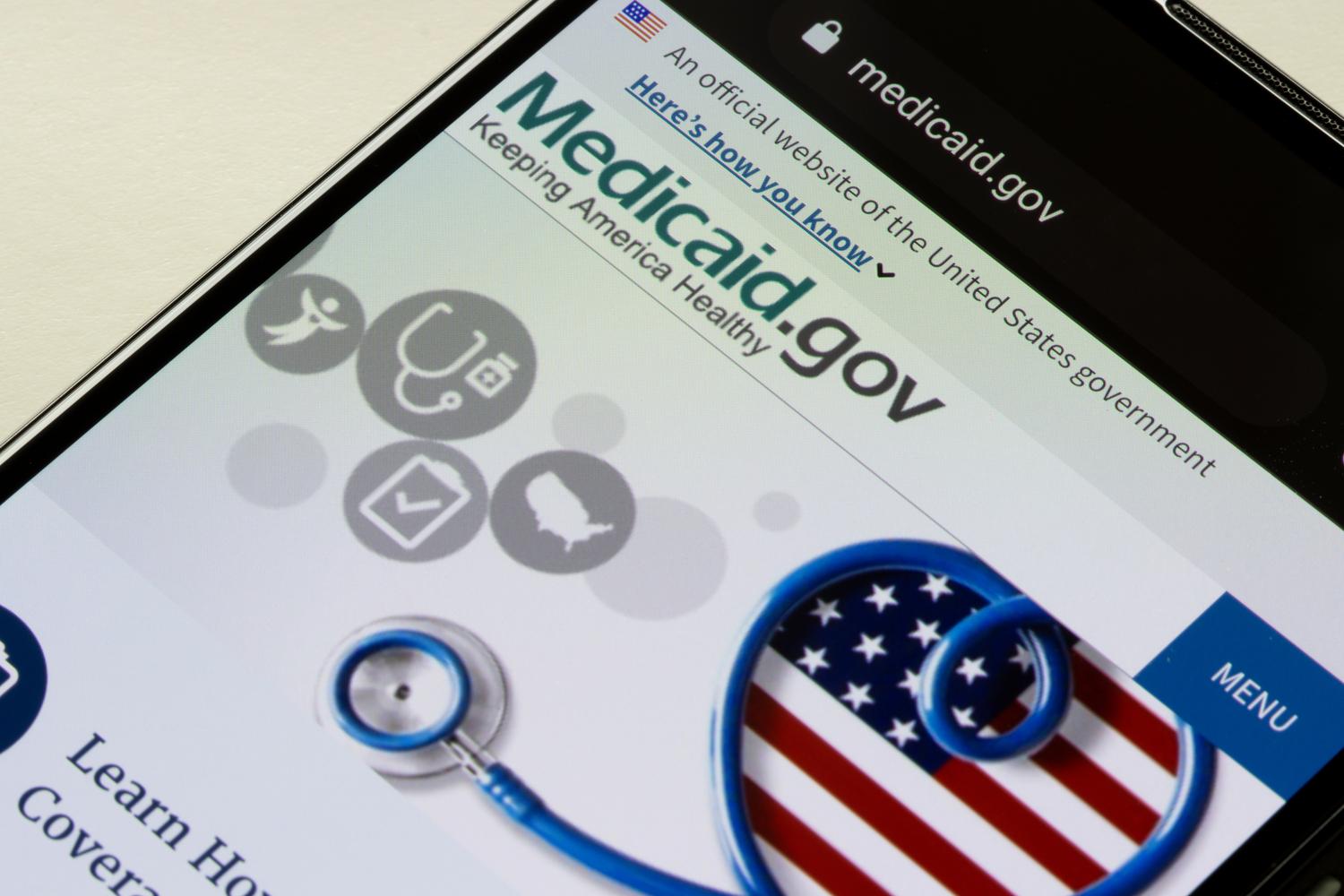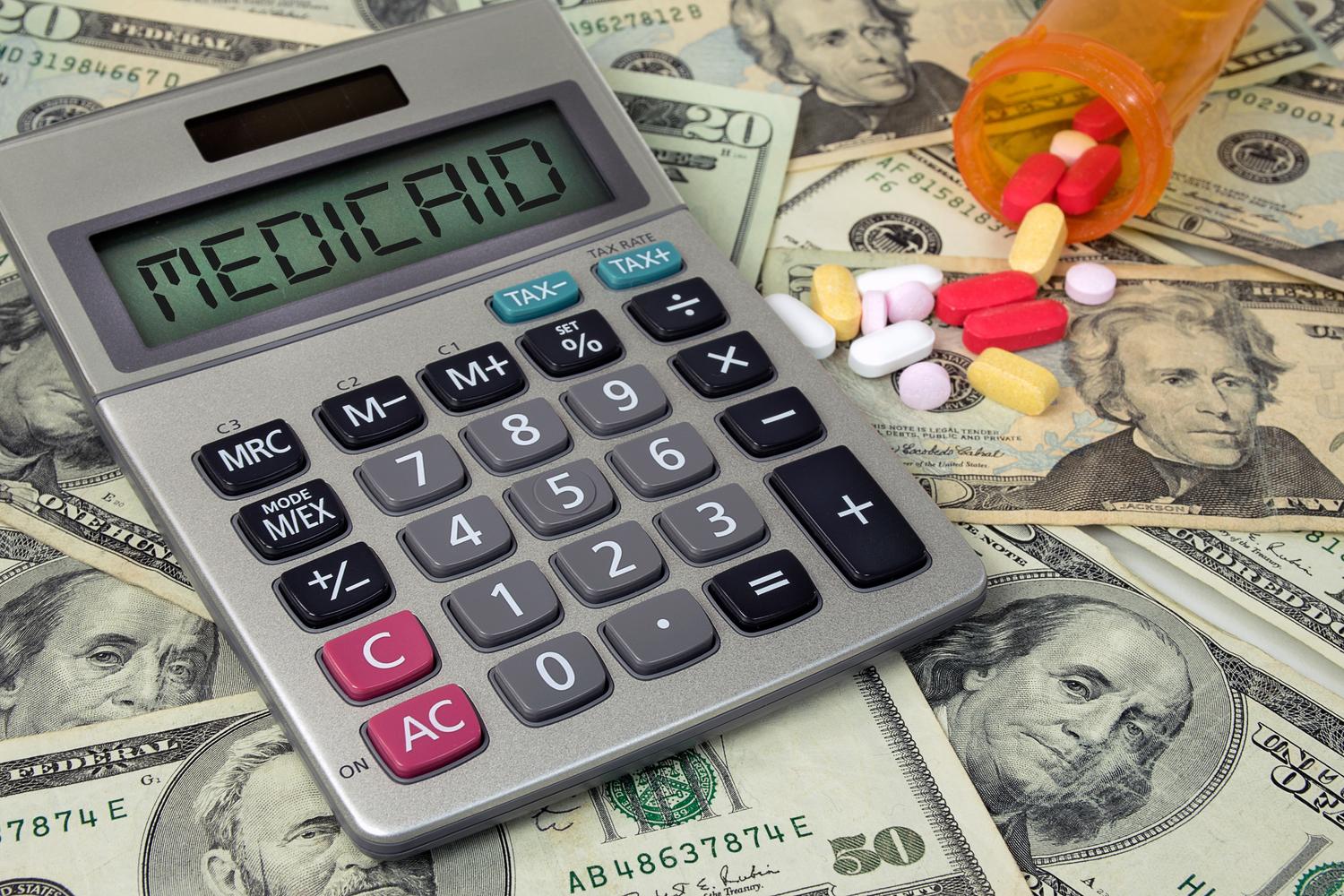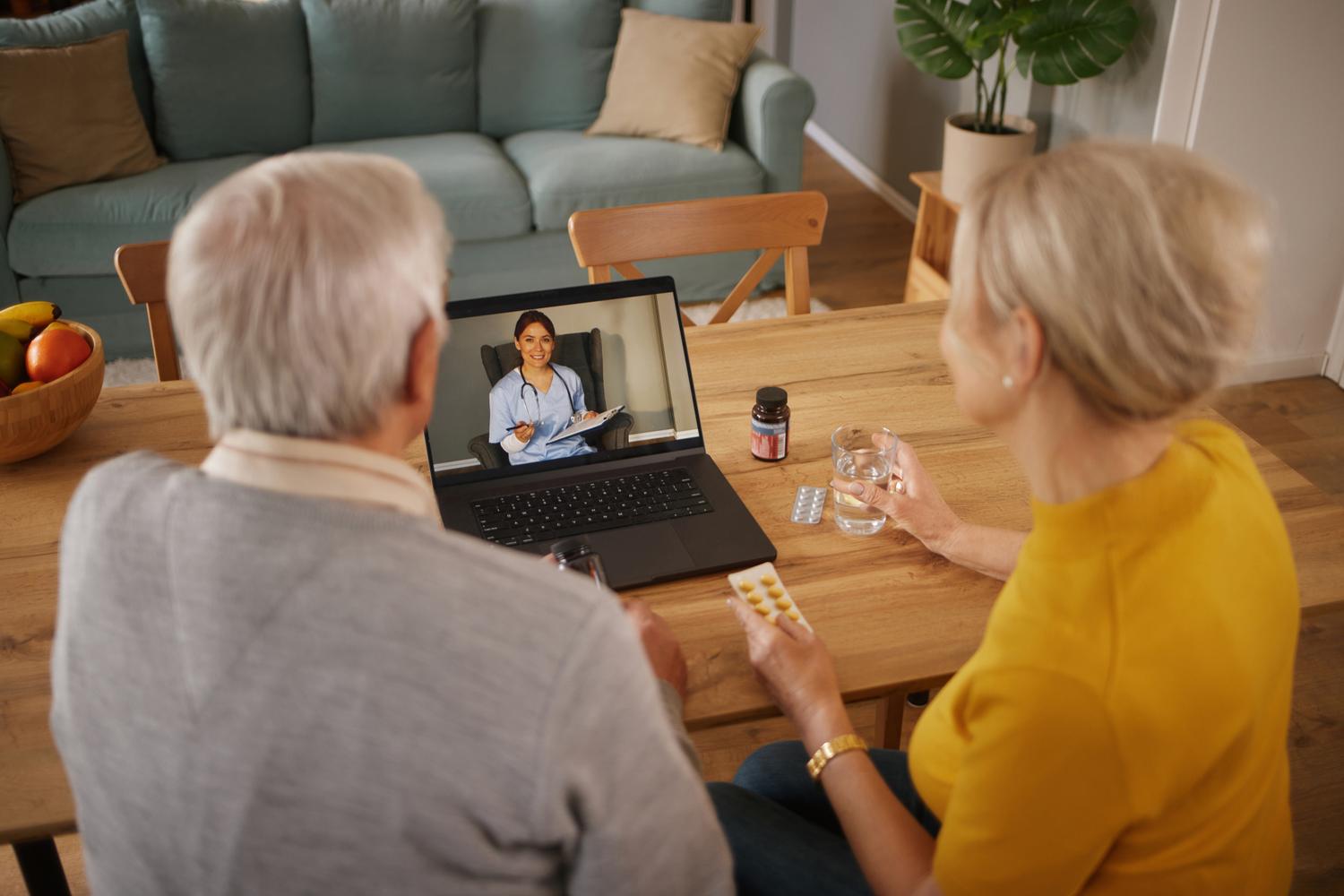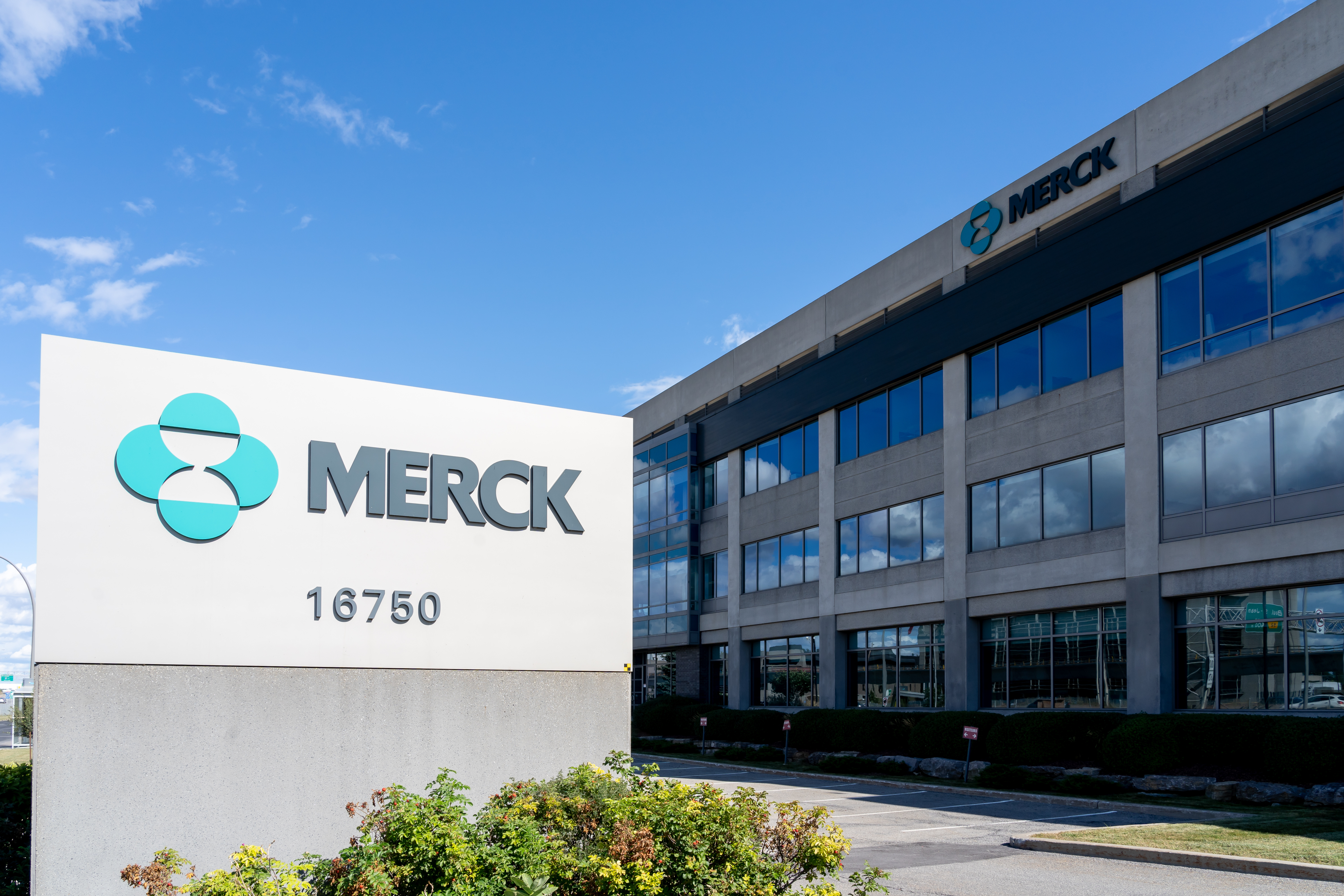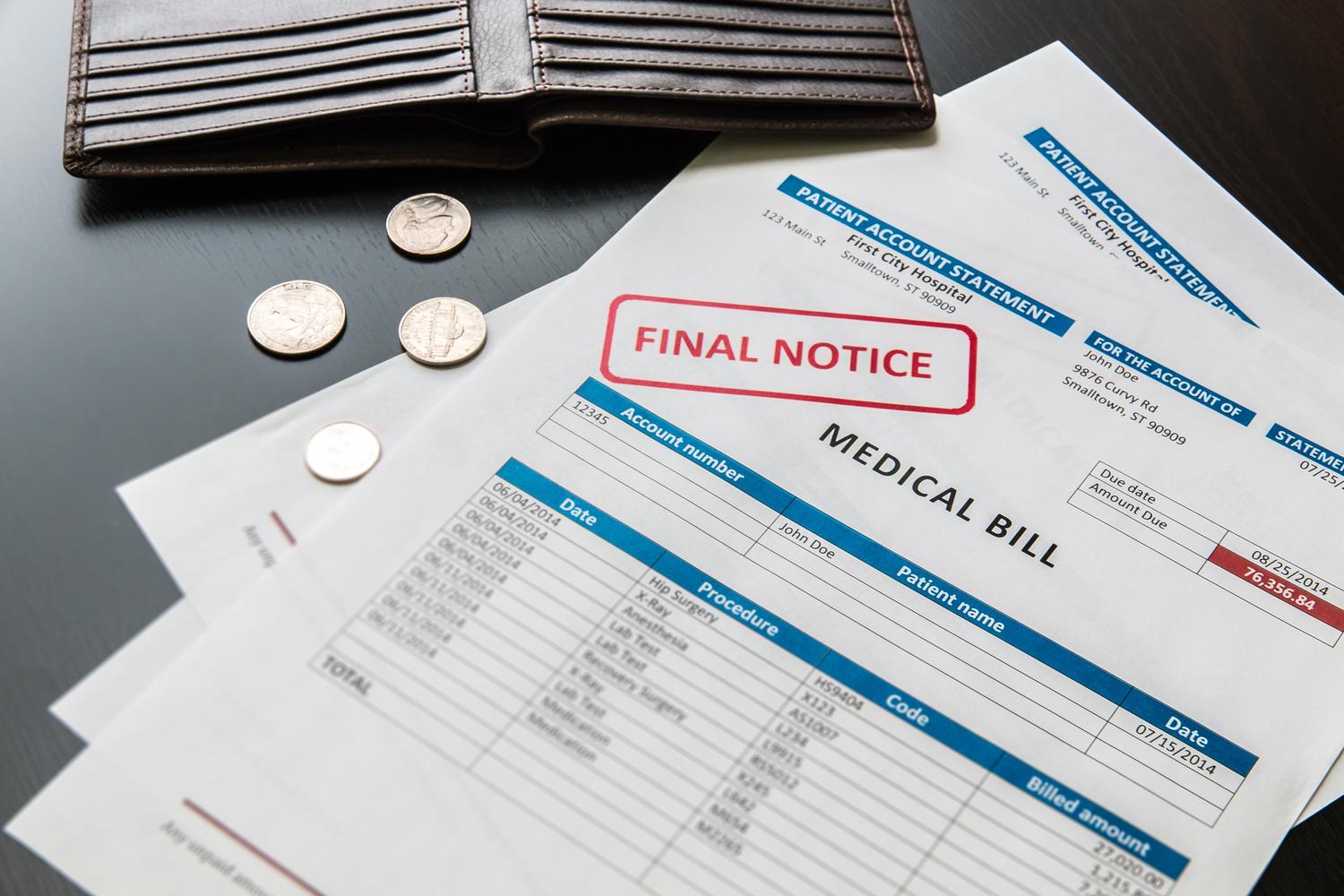What the 'Big Beautiful Bill' Means for Healthcare Coverage
Key Takeaways:
- The “Big Beautiful Bill” includes $1 trillion in cuts to Medicaid and CHIP. These cuts could leave nearly 12 million low-income Americans without health coverage.
- Medicaid-expansion enrollees must verify at least 80 hours of work or community service each month or risk losing their health coverage (unless exempt for reasons like pregnancy, disability, etc).
- People who rely on Medicaid may lose access to essential services like checkups, chronic illness care, mental health care, and prenatal support.
- Losing coverage will raise out-of-pocket costs for many, but affordable care options like community clinics and services like Sesame are still available.
A newly passed bill is making headlines for its sweeping tax cuts, but it could also lead to big changes in health care for millions of Americans.
The bill, entitled the “Big Beautiful Bill,” was signed into law on July 4, 2025. It's designed to cut taxes for individuals and businesses. But to make up for the lost tax money, the government plans to slash nearly $1 trillion from Medicaid and the Children's Health Insurance Program (CHIP), two programs that provide healthcare for millions of low-income families.
If you or someone you know uses Medicaid or CHIP, your health coverage could be at risk. Here's what you need to know about those affected by this new law — and how it could impact healthcare costs.
Understanding Medicaid and CHIP
Before looking at how the Big Beautiful Bill affects healthcare, it's helpful to understand what Medicaid and CHIP are, how they’re funded, and how the bill affects them.
Medicaid is a program that provides health insurance to low-income individuals and families. The Affordable Care Act (ACA) also enabled states to expand Medicaid to cover low-income adults who earn up to 138% of the federal poverty level (FPL). Currently, 41 states have expanded Medicaid.
In 2025, 138% of the FPL equals:
- $21,597 for an individual
- $29,187 for a family of two
- $36,777 for a family of three
CHIP provides healthcare coverage for children in families who earn too much for Medicaid but can’t afford private insurance.
Both Medicaid and CHIP are funded by federal and state tax dollars. Since the new law limits this funding, some states will be forced to cut services, reduce enrollments, and/or raise healthcare costs. These funding changes could also strain states’ budgets for CHIP.
Who will be affected by these Medicaid cuts?
The Congressional Budget Office (CBO) has predicted that nearly 12 million Americans could lose their health care coverage as a result of cuts introduced by the new law. This includes low-income families, children, pregnant women, people with disabilities, and older adults who rely on Medicaid or CHIP to see a doctor, fill prescriptions, or receive care at home.
The groups who face the greatest risk are:
- Adults who receive care through Medicaid expansion: Adults who earn up to 138% of the federal poverty level currently qualify for expanded Medicaid. But starting December 31, 2026, the new bill will require these individuals to work or perform community service for at least 80 hours per month to maintain their coverage. This change could result in approximately 5.2 million people losing their health insurance.
- Children in separate CHIP programs: States may cut back CHIP to save money, which could put many kids at risk.
- New mothers: Before the bill was passed, new mothers were able to keep their Medicaid for 12 months after delivery. Now that the bill has become law, mothers could lose coverage just weeks after having a baby.
- Seniors and people with disabilities: Many people with disabilities and older adults use Medicaid to pay for home health services and caregivers. States may limit how many people can access these home services or make them wait longer for care.
- People in rural areas: Many rural hospitals depend on Medicaid funding. Since the new law reduces federal funding for Medicaid, some rural hospitals may be forced to close or stop offering certain services. This limits access to care for people who live in rural areas.
What type of coverage could people lose?
Medicaid helps pay for checkups, screenings, chronic disease treatment, and emergency care. People who are impacted by the Medicaid cuts may lose access to:
- Routine checkups and screenings
- Medication for chronic conditions like diabetes, asthma and heart disease
- Prenatal care and childbirth services
- Mental health support
- Affordable emergency care
- Telehealth and non-emergency medical transportation (these optional services are often the first to be eliminated when states are facing budget cuts)
- Adult dental, vision, and hearing benefits
- Home & community-based services (HCBS) waivers and nursing home care
How will this bill impact healthcare costs?
People who lose Medicaid coverage will face higher out-of-pocket expenses for healthcare services. This includes costs for doctor visits, medications, and emergency care.
The new bill also proposes a new $35 co-pay for some Medicaid services.
What if I lose coverage? How can I see a doctor?
If you or a loved one is losing coverage, there are still ways to access affordable medical care.
- Community health clinics: These clinics provide basic medical care, often on a sliding scale based on income. They are available in many cities and towns.
- Free clinics: Some non-profit clinics offer free care for people who qualify, especially those with low incomes or no insurance.
- Local health departments: Many offer vaccinations, screenings, and basic care at low or no cost.
- Non-profit or charity hospitals: Some hospitals have financial assistance programs that reduce or forgive medical bills for uninsured patients.
- Telehealth: Telehealth can be a more affordable alternative to in-person care, making it especially valuable for people without insurance. Services like Sesame make it easy to access cash-pay online appointments with doctors, specialists, and labs – all starting at just $37, no insurance needed.
- Medication savings cards: If you don’t have insurance, companies like SingleCare and GoodRx have discount cards that can help you save on hundreds of common medications. Just show the card at the pharmacy checkout to apply relevant discounts to your medication.
These options can help you stay healthy, even if you’ve recently lost coverage or can’t afford insurance.

